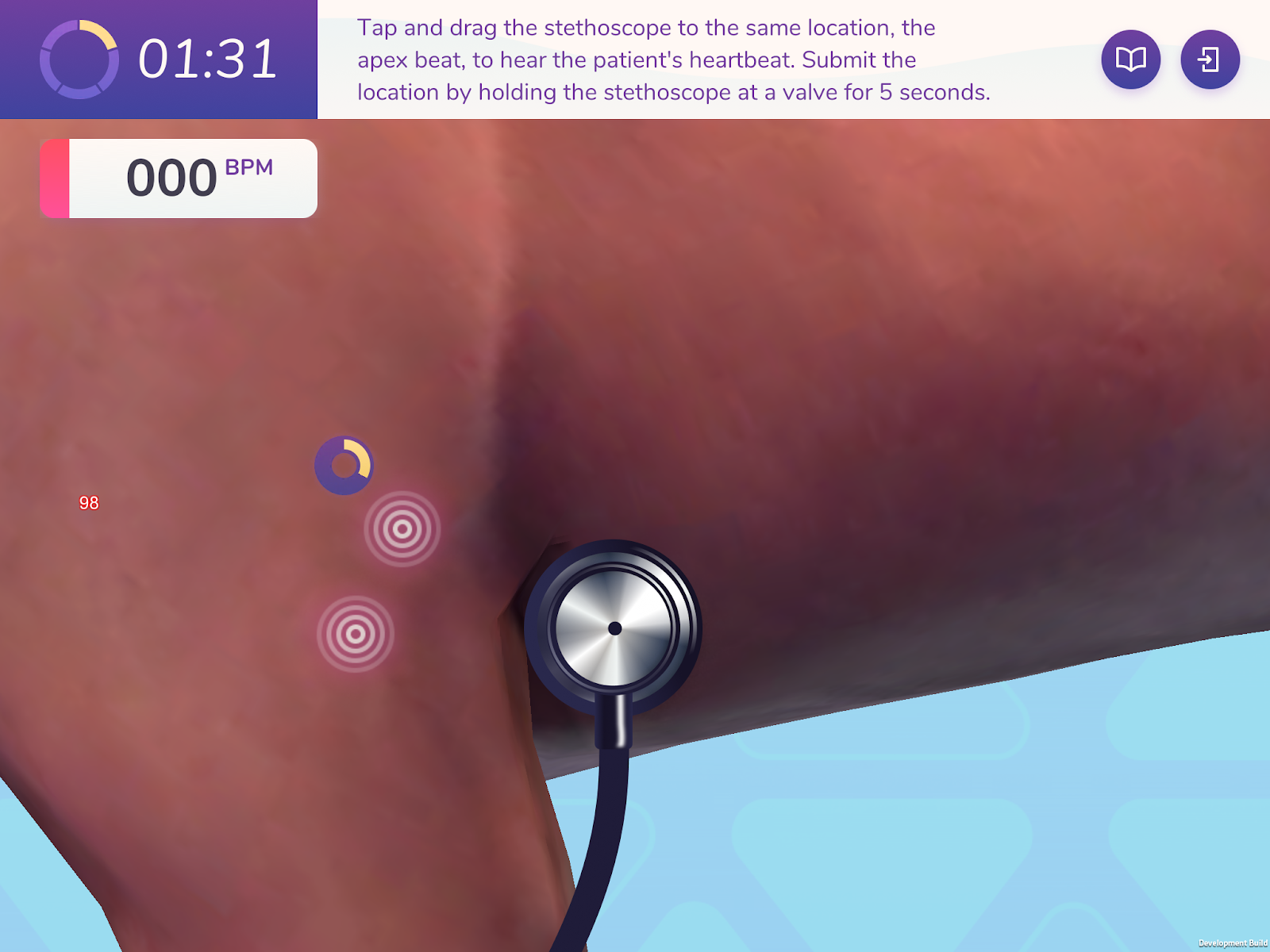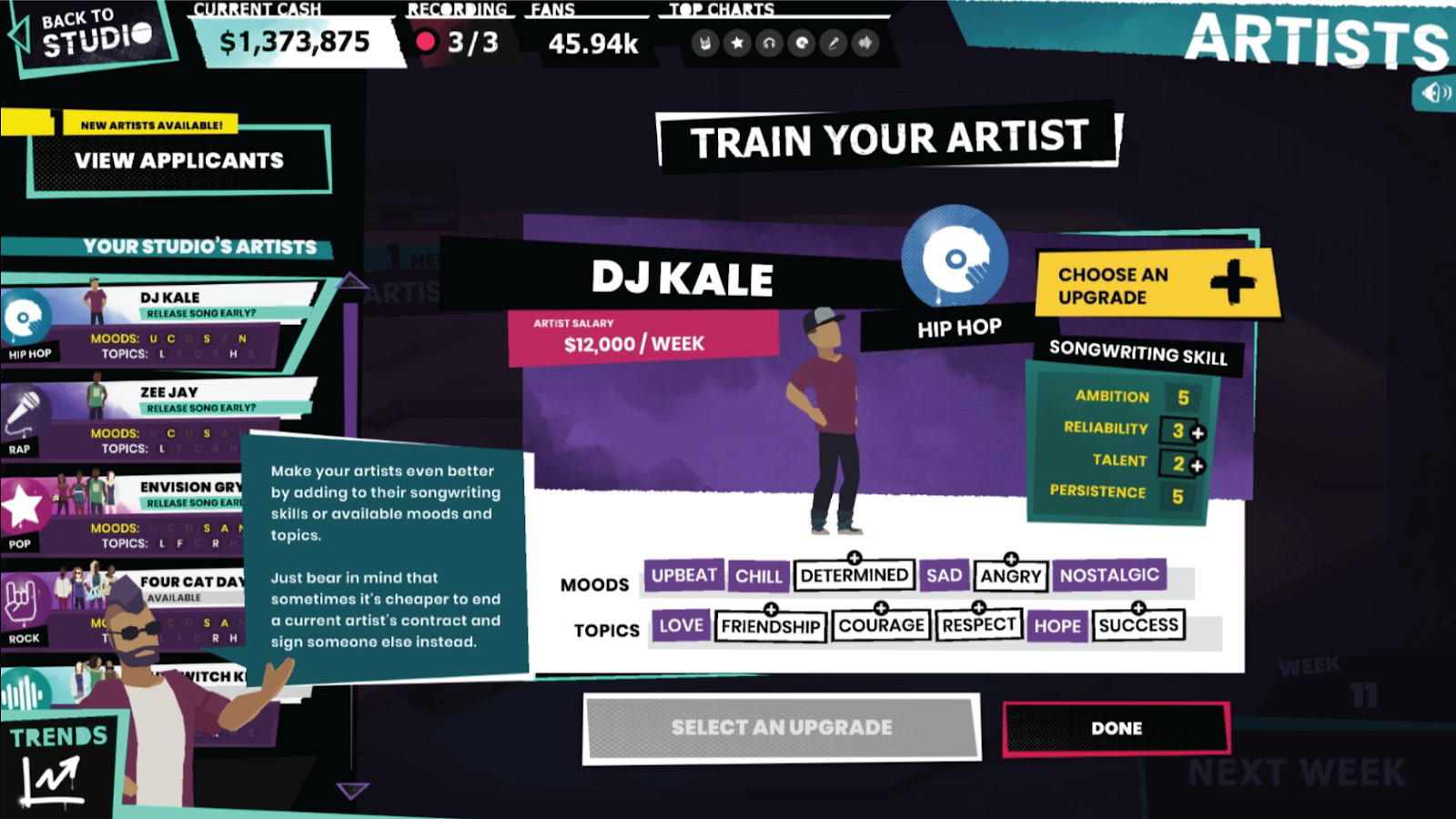One of the many things I love about our studio is the variety of clients we serve for numerous types of projects. We are able to serve such a broad variety of clients because of the way we structure our projects as a partnership. As a part of that partnership, Filament brings our best in class methodology to create compelling digital learning games that focus on transfer: the transfer of knowledge, the transfer of systems understanding, the transfer of behaviors, and the transfer of mindsets. Our clients participate in projects as content subject matter experts with a deep understanding of their learners and their approach to market.
Filament Games has enjoyed a long history of serving innovative higher education clients many of whom we’ve had the pleasure of working on multiple projects with:
In the remainder of this blog, I’d like to share the main ways we have worked with higher education institutions to create meaningful play experiences for a wide range of learners.
Creating Educational Games for Higher Education Learning

Education games are an effective learning tool for all ages, which is why several forward thinking higher education institutions have sought our services to develop digital learning games for their students. Recently, we worked with the Ross University School of Veterinary Medicine to develop Vet Heart Sounds (VHS), an interactive simulation app designed for veterinary students.
Vet Heart Sounds is designed to serve as a foundation for students to build towards performing cardiac exams on live patients by teaching a standardized auscultation for canine and equine patients. By going through the simulation, students will be able to locate an apex beat, recognize normal heart sounds, locate an arterial pulse, determine heart rate, and locate each valve region. The app generates a report of each student’s performance to be shared with Ross staff for assessment and intervention. Professors at Ross University came up with the innovative idea for a digital simulation, as commercially available animal mannequins feature the animals in the incorrect pose for performing auscultation.
Supporting Game-Based Learning Research in Higher Education
The other way we work with higher education institutions is partnering with key researchers and professors on grants to research various applications of game-based learning. Most of the time, we partner with these researchers to help them apply for grant funding contributing a game pitch, concept art, and lending our past experiences and qualifications. We do this on our dime with no official obligations to us until the researcher wins the grant and we enter into a contract with them. Filament’s role is commonly to help design and then develop the learning game that is then used for research, including the means to collect the player data for research. Like with all of our projects, the higher education institution ends up owning the IP that we create and they can choose to disseminate the game as they wish.
While these professors and researchers are always affiliated with a higher education institution, their research may be focused on learners of any age. Here are some examples of research projects we’ve done with various higher education researchers:
Game-based Learning Research in K-12 Education

Last year, we worked with a team of researchers led by faculty at the Columbia University Teachers College to create Beats Empire, a turn-based computational thinking game where the player runs a small music studio and record label in a fictional city, reminiscent of New York. In the game, the player analyzes market data about the musical preferences of the citizens in the boroughs of the city, which enables the player to make informed business decisions for their studio.
Using the market and trend insights gained from analyzing this data, the player can sign artists, book them on gigs, record songs, and fulfill marketing department requests. Through these actions, the player gains a strong understanding of computational thinking, using data analysis and visualization to bring cash into the studio, attract new followers, and work towards domination of the charts. Having recently won the James Paul Gee Award for Game-Based learning for Beats Empire, the team of researchers hope to win additional grant funding to further expand the game for continued research.
Game-based Learning Research in Higher Education

A team of researchers led by a researcher at Rowan University engaged us to develop Contents Under Pressure, a game that teaches chemical safety and risk management skills to college students. In this game, players assume the position of a senior engineer at a large chemical plant. They’ll make multiple binary decisions a day, weighing the chemical plant’s output, its safety, their own time, and their reputation. In the first few days, players will get a mix of rote and minimally difficult decisions to make. As they continue to play, the intensity of the decisions will escalate as it’s revealed that a catastrophic hurricane system is impending and stands to ruin the plant. The player will receive information every day from the cast of characters that surround them. They’ll use this information, their own risk management thinking, and the realities of running a chemical plant to lead an effective plant. This team is also pursuing additional grants to expand the game and deepen their research.
Are you a higher education professor or researcher and looking to partner with an educational game developer to create a game to support your research? If so, drop me a line so I can learn more about your idea and how we could potentially help you.